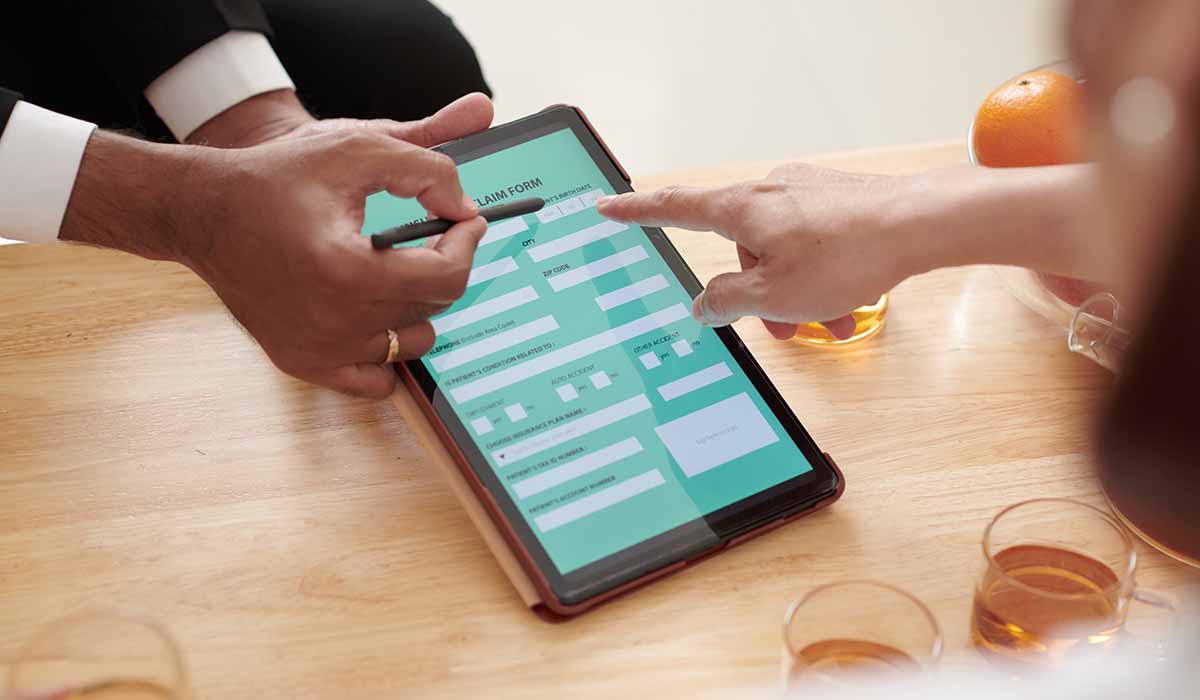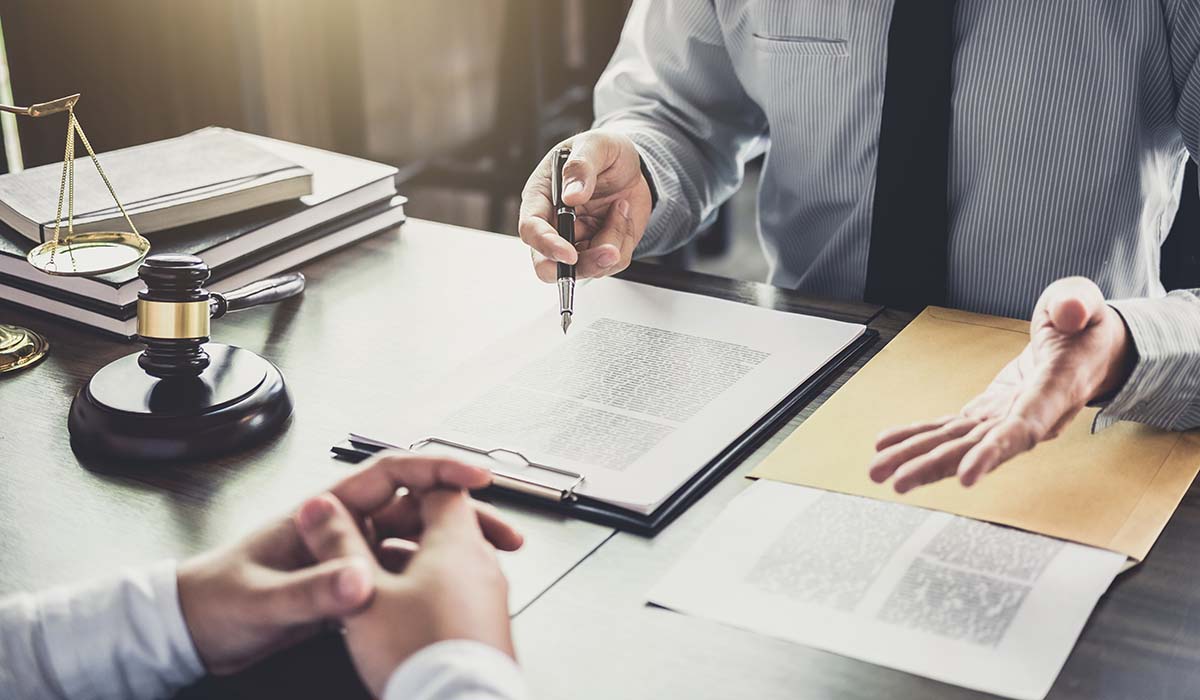Responding to a Personal Injury: Your Complete Guide
An injury, whether sustained in the workplace or in a public place, needn’t be severe in order to be disruptive. Even a relatively mild whiplash injury from a car accident, or scrapes and bruises from a fall, can leave you in pain for weeks on end while damaging your property and job prospects.
You’ll also be concerned about making a full recovery so that you’re able to resume your lifestyle as normal. So here’s a complete guide to getting you there, with tips on how to respond after an injury.
Getting Checked
Some injuries are purely cosmetic. Cuts, scrapes, grazes, and bruises can be tended to on your own if you have first aid equipment.
However, after a personal injury, especially ones with high impact, it’s well worth getting fully checked out by a doctor just in case you’ve experienced damage to your body beneath the skin.
A doctor will be able to tell if you’re concussed if you have damaged nerve endings or ligaments and if you may have to go through a more involved course of treatment and rehabilitation. Don’t wait in ignorance: get yourself to a doctor as soon as you can after your accident.
Liability
When you experience an injury, one of your first thoughts will be whether there’s someone to blame. This is undoubtedly the case when you slip on a wet floor that hasn’t been signposted, or when you trip on a poorly-paved road.
It’s also the case if you are involved in a car accident or if you, as a pedestrian, are injured because of the negligence of another road user. Deciding liability will help you when you decide how to proceed with your financial recovery – showing you who you might be able to contact to receive compensation.
Evidence
Sometimes it’s obvious who’s to blame for your injury. In these cases, it’s essential that you gather as much evidence as possible from the scene of your injury and as soon as possible after the event took place.
Sometimes that’s not possible – say, if you’re too badly hurt to take photos on your phone or talk to witnesses. In these cases, a police officer is likely to make notes for you, recording the accident. Whether collected by you or others, this evidence will help you claim compensation for your injury down the line.
Responding to a Personal Injury: How to Claim
As you’re making a physical recovery from your injuries, you must begin plotting your financial comeback, too. That’s relatively simple: you need to contact experienced lawyers to fight your injury case for you.
Look to Guenard & Bozarth, LLP – Personal Injury Attorneys – to have specialist lawyers work on your case. They’ll help you claim for the pain caused by injuries, for any damage to your property or possessions, and any other medical costs you’ve accumulated as a result of your injury. With their help, you’ll put together a case for compensation that you ultimately deserve. There you have it: the four steps towards revering from a personal injury – wherever it takes place.




















